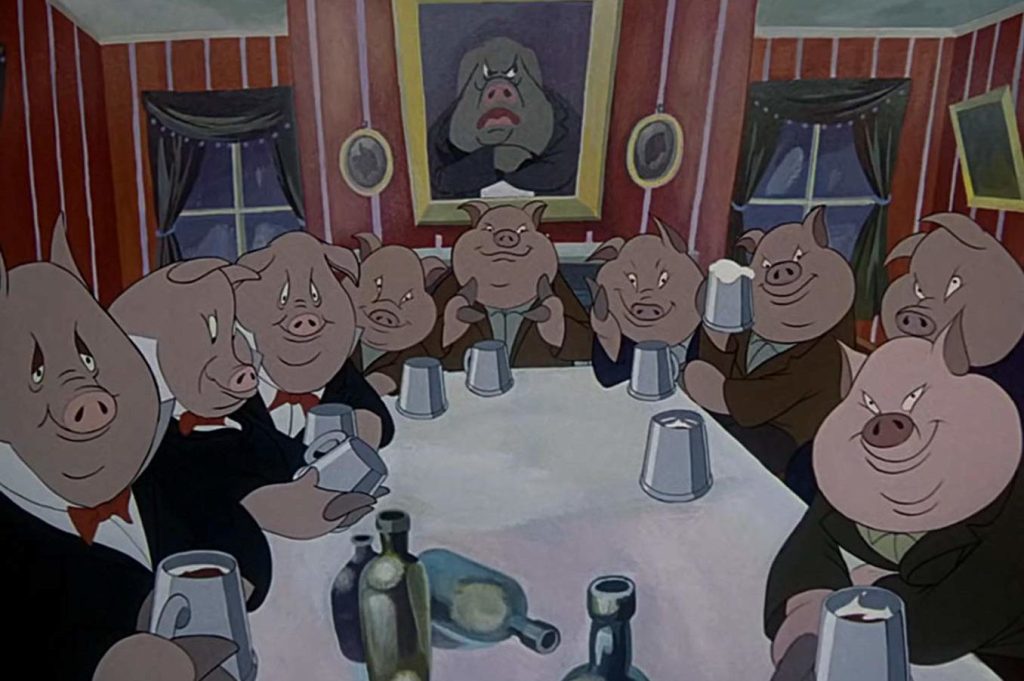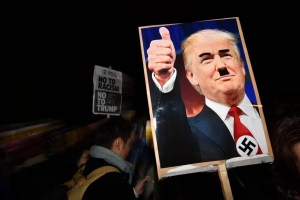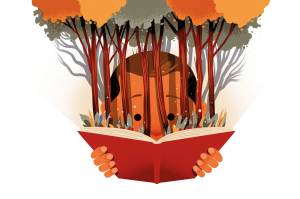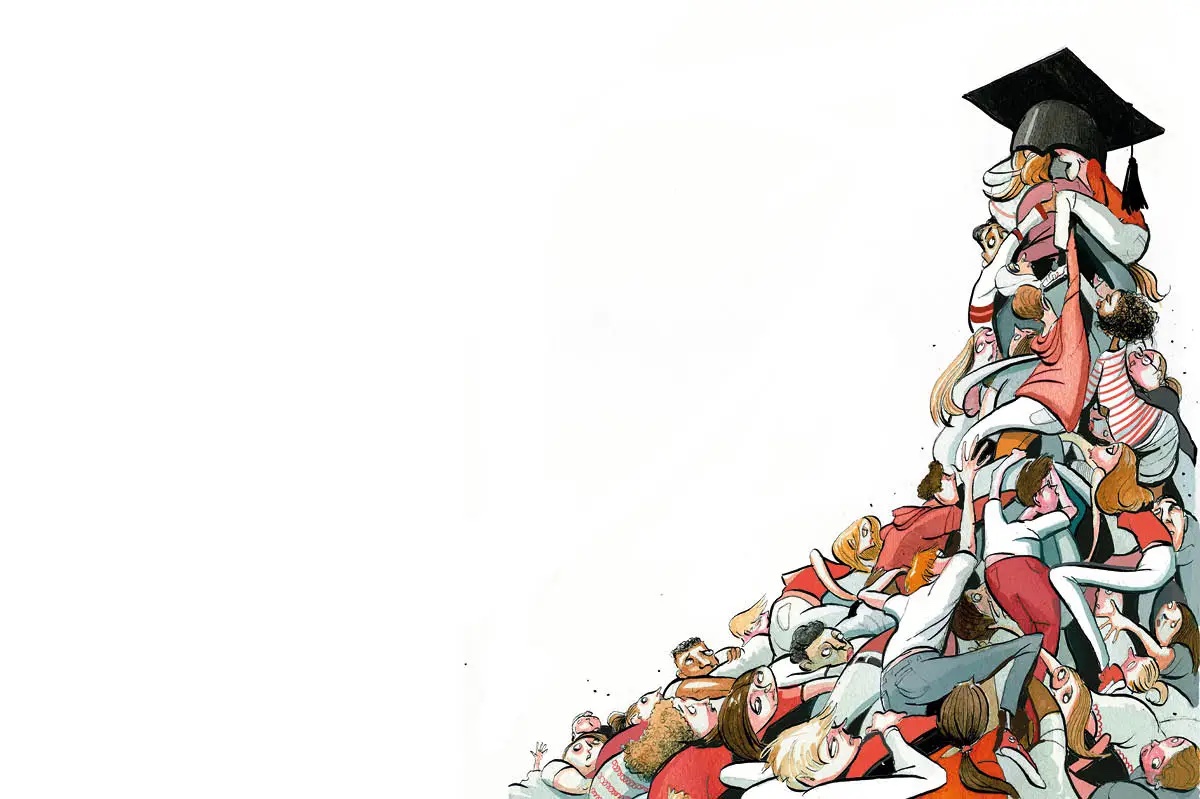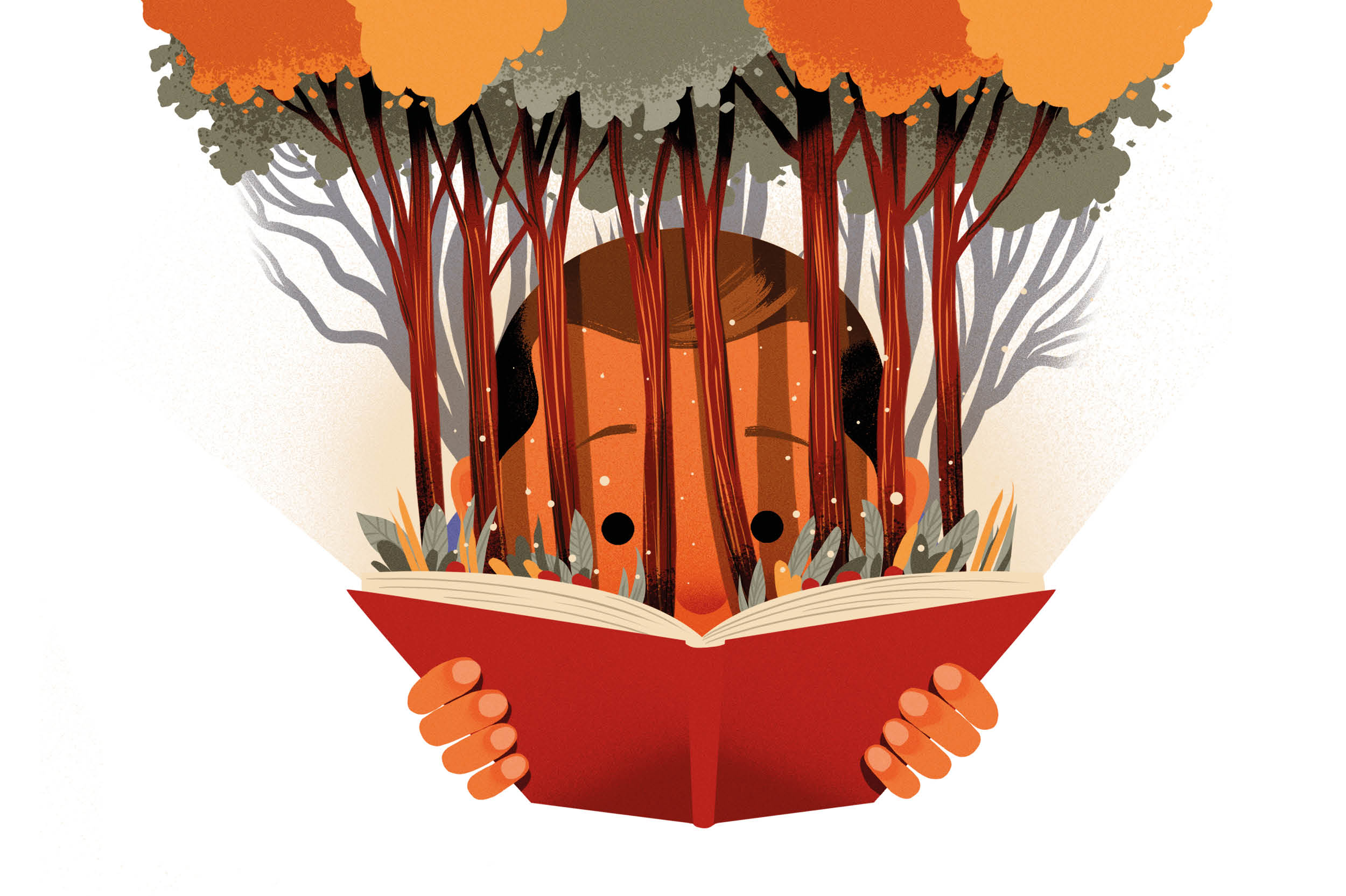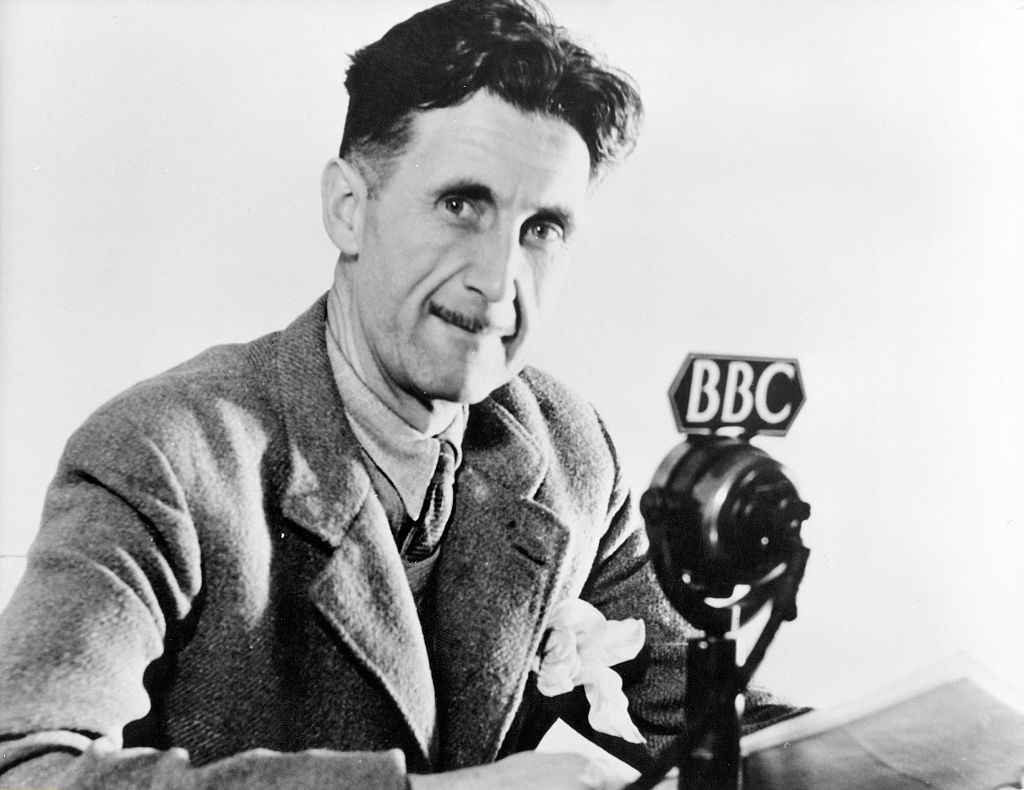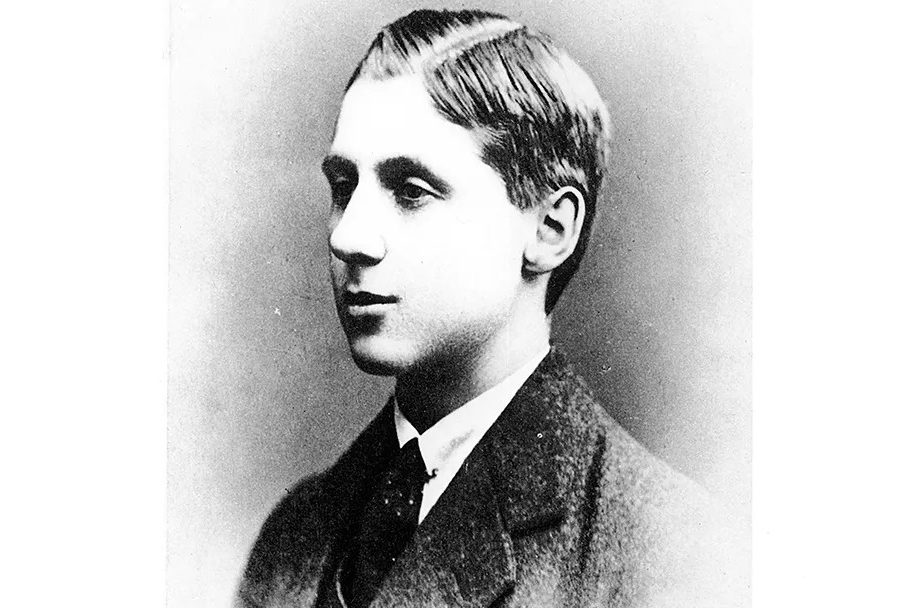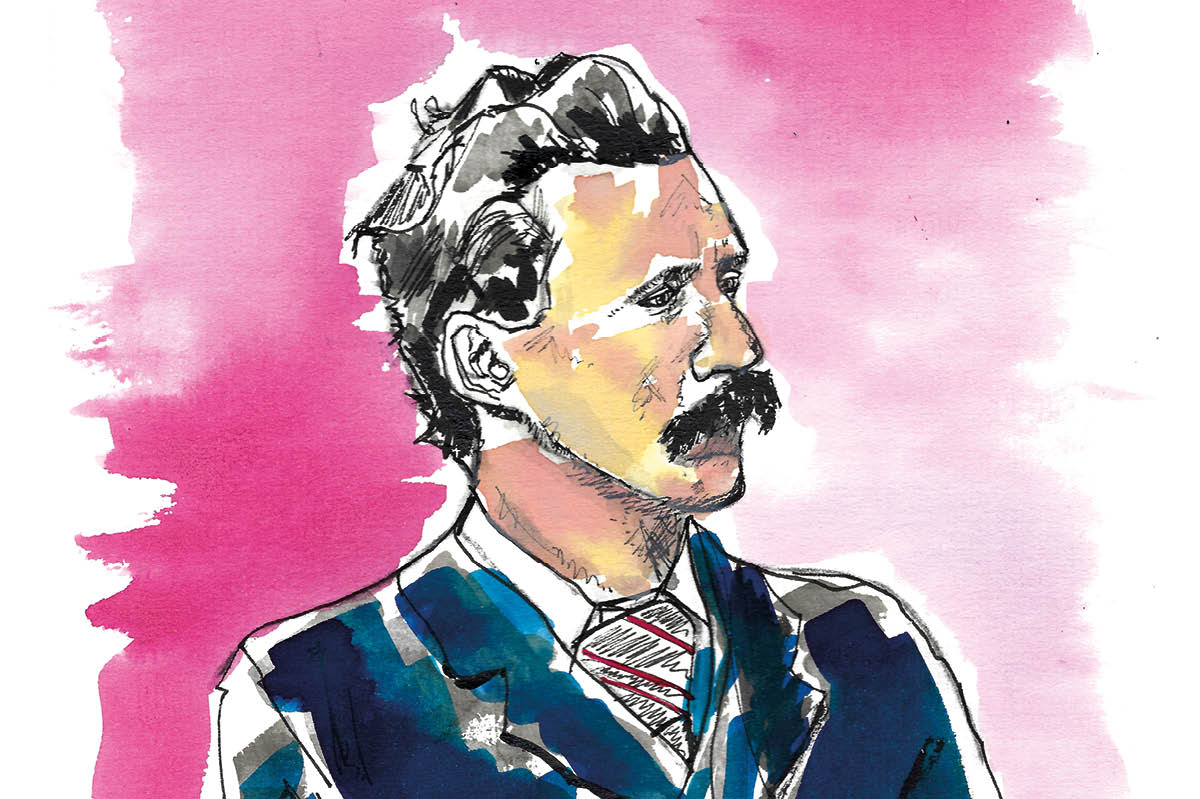Netflix have acquired the film rights to George Orwell’s totalitarian fable Animal Farm (1945). Napoleon, Snowball and all the other commies at Manor Farm are getting rebooted by British director and actor Andy Serkis. He has animal form, having played an ape in Planet of the Apes remake. The producers are promising to bring the novella to the screen with motion-capture technology, ‘in a thoroughly contemporary fashion.’ It’s too early to tell whether, given a plot-line involves a dictatorial pig’s insistence on building a giant wall, Serkis’s version will resist the obvious parallels with Trump’s America. But it’s not too late to warn Mr Serkis that he could be falling into a trap.
Because there are two versions of Animal Farm. The first is the allegorical story written by Orwell in 1945, charting the story of Napoleon’s porcine revolt against Mr Jones, the embodiment of decadent and exploitative capitalism. The second Animal Farm is the animated film of 1954, which, by rights, should list the CIA in its roll of credits. In a rare if bizarre moment of strategic wisdom, America’s top international spy agency co-opted and corrupted Orwell’s novel in a plot to brainwash an unsuspecting Cold War public. So, Mr Serkis, here’s the little known but extraordinary story of the first Animal Farm movie.
In 1947, anxious American officials, fearing communism would conquer Western society, created the Truman Doctrine – a foreign policy objective to confine Marxist ideology to the Soviet Union. We’re familiar with its major landmarks: the Hoover-McCarthy inquisition, the Hollywood Blacklist, the CIA’s anti-communist global campaign known as ‘psywar’. But lesser known is the Cold War that was fought on the cultural frontline of Western cinemas, book shops and art galleries.
The ‘Cold War Warriors’ of the CIA’s Office of Policy Coordination(OPC) waged war behind enemy lines, dispatching operatives on secret missions to bolster ‘support of indigenous anti-communist elements in threatened countries of the free world’. The OPC sponsored Radio Free Europe behind the Iron Curtain to broadcast anti-communist news. (RFE was only disbanded as late as 1995 when the Clinton administration cut its funding.) The OPC funded abstract expressionism to discredit its Soviet rival, socialist realism, and it also, in a measure that would have warmed Orwell’s pocket if not his heart, supported anti-Communist book criticism by funding Encounter magazine. The OPC did all this with the help of a massive war chest. Its budget boomed from $4.7 million in 1949 to $200 million by 1953.
But the more the OPC spent, the more paranoid it became that the Western intelligentsia was dangerously in thrall to leftist ideas emanating from the East. The CIA needed some box-office quality propaganda. And that’s where Animal Farm comes in.
In her 1999 book Who Paid the Piper, Frances Stoner Saunders revealed that the somewhat unsubtly titled Psychological Warfare Workshop – headed by Howard Hunt, the man who would later serve 33 months in prison for his role in Watergate – travelled to England to meet Sonia Orwell, George Orwell’s widow. Hunt used a Hollywood contact called Carleton Alsop — the brother of an undercover agent at Paramount — to convince Mrs Orwell to hand over the film rights to Animal Farm. The story (alas, unsubstantiated) goes that in return for the film rights, Sonia would get to meet her hero, Clark Gable. After a short trip and the deal done, the Psychological Warfare Workshop then hired John Halas, a Hungarian animator who had spent the Second World War working on Allied propaganda, to work on the project. Halas went on to direct the film, which became the first animated feature produced on British soil.
The finished product was widely praised for its brilliant animation, Matyas Seiber’s score and actor Maurice Denham’s versatility in voicing every one of Manor Farm’s inhabitants. But, the animators, while faithful to the book for the most part, changed one crucial part of the plot, and its allegory with it: the ending.
In Orwell’s novel, the pigs (the Stalinists) led by Napoleon (Stalin) betray their fellow farm-animals (the People’s Revolution) by striking a deal with their human oppressors (the Capitalists). In the final scene, the despondent livestock, exhausted by hard labour and near starvation, gaze through the windows of Napoleon’s new Kremlin in Mr Jones’s house and look ‘from pig to man, and from man to pig, and from pig to man again; but already it was impossible to say which was which’. When the pigs — the elites of the farm — walk on two feet, they sacrifice their egalitarian principles to imitate their former oppressors.
The obvious message of this allegory is that communism, while promising to be on the side of ‘the people’, concentrated elite power in a way that exploits ordinary folk as cynically as the most tyrannical Western industrialist, if not more so. For that reason, Animal Farm may as well be subtitled ‘A Brief History of the Russian Revolution’. Its plot and themes mirror the initial optimism of 1917 — of a perfectly egalitarian utopia — followed by the totalitarian fallout as Napoleon’s aggressive Stalinism, backed by his canine enforcers, comes to dominate the wishful thinking of Snowball, the intellectual and ineffectual Trotskyite.
A lifelong democratic socialist, George Orwell loathed unregulated capitalism as much as Stalinist Terror, but the OPC deemed that nuance to be too close to the bone for Cold War audiences. So in the last scene of the film version, the farm animals heroically rise up against the pigs in counter-revolution. Napoleon and his cronies are shown gorging themselves on wine, his secret police dogs asleep, the humans nowhere to be seen. The animals storm the house, kill Napoleon, leaving his portrait smashed, his legacy in ruins. In this telling, the revolution is doomed to failure by the internal contradictions of Napoleon’s reign of terror.
In other words, the CIA succeeded in utterly bastardizing Orwell’s legacy with an insultingly transparent anti-communist message. Other propagandists followed suit. In 1998, Britain’s Public Record Office declassified documents that revealed that the British government had funded an Animal Farm comic strip in the early 1950s, featuring the same counter-revolutionary denouement. The British government had and distributed it in the Cold War’s key ideological battlegrounds, from Brazil and Venezuela to India and Eritrea.
Orwell’s last novel, 1984, received a similar treatment on the silver screen. This time, though, government meddling was not required to over-simplify and tarnish Orwell’s message. The film-makers managed that all by themselves.
‘Power is in tearing human minds to pieces and putting them together again in new shapes of your own choosing,’ O’Brien, the secret thought policeman, tells Winston Smith in Orwell’s novel.The final line of 1984 proves O’Brien right. Smith, fully broken by endless rounds of torture, is forced to concede that he ‘loved Big Brother’. He has been entirely destroyed and fully reconstructed by totalitarian society, and this is in part what makes the book so terrifying.
In Michael Radford’s film from 1984, however, John Hurt’s Winston Smith is heroically gunned down with his lover. ‘Down with Big Brother!’ he screams, before the end credits roll. For Hollywood it made far more sense for the indomitable spirit of individual resistance to win out.
The bastardized cartoon version of Animal Farm is not the only trap Andy Serkis could fall into. If by ‘updating’ Animal Farm and making it ‘relevant’ for the Netflix generation, he means to explore parallels with today’s political situation, he is surely mistaken, if not doomed to repeat previous misappropriations of Orwell’s message. Today, the only global ideology at all similar to the specter of communism is Islamic fundamentalism. But while communism and Islamism share a common enemy and goal –- bringing an end to the Western ‘way of life’ — they are by no means comparable in terms of geopolitical influence or ideological unity. Islamism lacks the territorial coherence and centralized authority that steered 20th century communism, and instead operates through a series of disparate splintered groups or rogue states that cannot serve as a blueprint for Western intellectuals as the Soviet Union did.
Despite the disastrous War on Terror, the Manichean world order of the Cold War is on the historical scrapheap. The real ideological fault lines today are those exposed by the crisis of modern liberalism. In universities and newspapers, identity politics has entirely replaced the universalist doctrines of the Cold War. Now, we split along lines of gender and race, and are further polarized by an increasingly populist right-wing and a befuddled left. Neither conservatives nor liberals hold enough clout in the realm of ideas to determine a great geopolitical rivalry as that between the United States and the USSR.
The moral and intellectual clarity of Orwell’s day, and the relative incoherency of ours, makes an authentic reboot of Animal Farm hard to imagine. At best, we will have an unnecessary historical drama; at worst, a corruption of Orwell’s original message, with Donald Trump cack-handedly photo-shopped in. I hope Andy Serkis sticks to the original text, but fear that reshaping the Russian Revolution’s fable to fit today’s political context will prove too tempting.
Deliberately or not, silver screen adaptations of Orwell have invariably bastardized his legacy, gleaning contemporary propaganda out of satirical source material. We should remember Orwell’s own words on the relationship between art and ideology: ‘the more one is conscious of one’s political bias, the more chance one has of acting politically without sacrificing one’s aesthetic and intellectual integrity.’ It remains to be seen whether Netflix will heed his warning.



